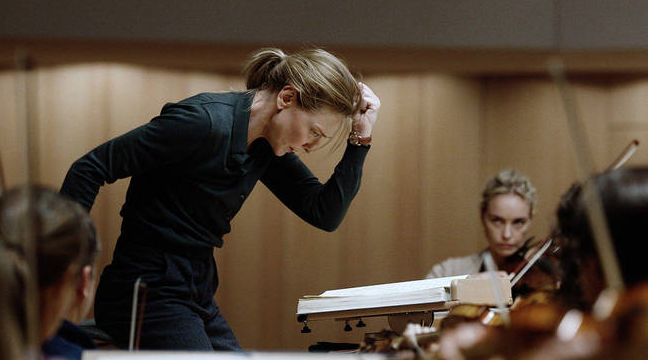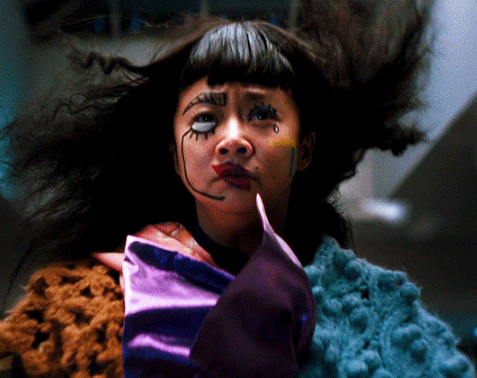Split Decision: "TÁR"
 Tuesday, January 17, 2023 at 3:00PM
Tuesday, January 17, 2023 at 3:00PM No two people feels the exact same way about any film. Thus, Team Experience is pairing up to debate the merits of each of the awards movies this year. Here’s Chris James and Cláudio Alves on TÁR.

CHRIS: It’s no mistake that people mistook Lydia Tár for being a real person. There’s something authentic and substantiated about TÁR, Todd Field’s third film which centers around a complicated famed conductor. Lydia Tár (Cate Blanchett) doesn’t necessarily have delusions of grandeur, she simply has an inability to see anything below her ivory pedestal. As much as Field and Blanchett have a laser focused idea of this character, the movie never spoon feeds us the narrative. We enter her journey in media res, trying to piece together her home life, her work life and whether the visions in her head are delusions or real threats. It’s a refreshing and engrossing way of telling this woman’s story the way she would want it told, while leaving ample room for interpretation and opinion.
I could go on and on about my favorite movie of the year, as one often does. However, tell me Cláudio, why don't you love TÁR? What elements give you pause?
 Cate Blanchett,
Cate Blanchett,  Nina Hoss,
Nina Hoss,  Noemie Merlant,
Noemie Merlant,  Split Decision,
Split Decision,  Todd Field,
Todd Field,  Tár
Tár 





